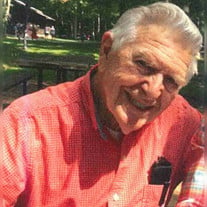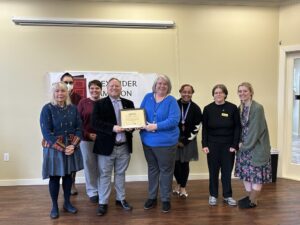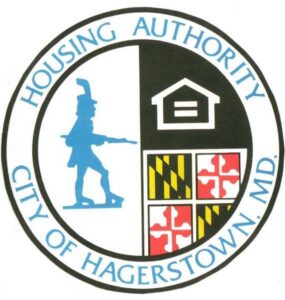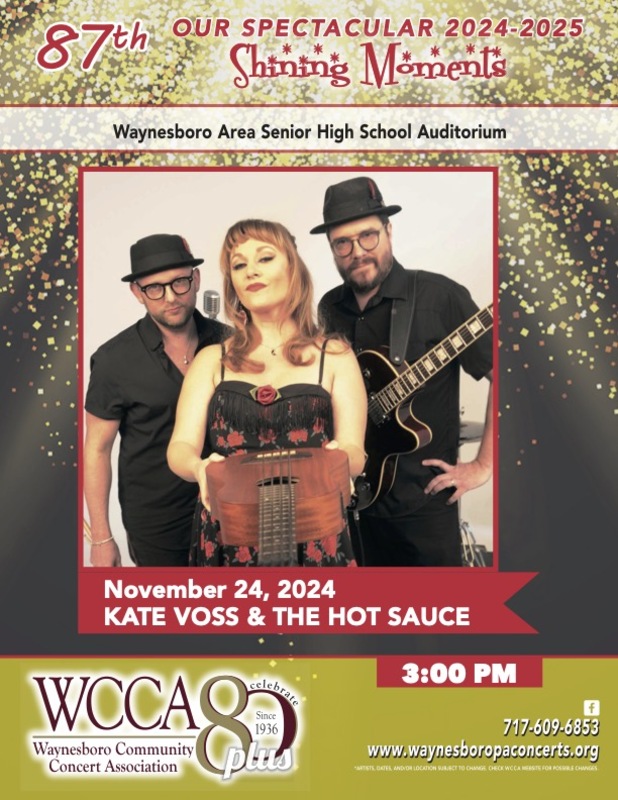In Loving Memory of Raymond Kemp Anderson Please join in a celebration of his extraordinary life: Saturday, May 18 at 2 p.m. at Central Presbyterian Church on the Square Chambersburg, PA In lieu of flowers, the family requests donations be made to Doctors Without Borders to support their vital humanitarian mission around the world. Raymond Kemp Anderson of Fayetteville, Pennsylvania passed away on March 15, 2024-in his 91st year-at his home after a sudden cardiac event. Born January 20, 1933 in Fillmore, California, Raymond was the beloved son of John Erskine Anderson and Ruth Lenore (Carlton) Anderson, husband of Gunlög (Ahlbäck) Anderson, and father of Erik, Jennifer, and Martin. He was Professor Emeritus and former Chair of Philosophy and Religion at Wilson College, an ordained minister in the Presbyterian Church, and an active member of the Carlisle Presbytery. A creative scholar, dedicated professor, and mentor to many, Ray devoted his life to Christian outreach, education, and pastoral care. Even after publishing several books, teaching hundreds of classes, and presenting an untold number of sermons, he continued to find fresh new ways to share his insights and inspire others. Raymond was born at home on a citrus ranch where his father was the foreman. The youngest of five, Ray’s earliest memory was of reaching up to grab an orange off a heavy laden tree. His childhood was spent exploring the ranch owner’s elaborate gardens, fish ponds, and menagerie. Between exotic fruit trees and wandering peacocks, it seemed like paradise to a sensitive little boy. But he was also immersed in farm life-milking cows, making butter, butchering pigs, and riding horses. He later recalled stinging ants in the dusty barnyard, acrid smoke when the migrant workers lit fires to protect citrus trees from frost, and, with particular fondness, being shepherded about by his big sisters and making avocado ice cream under the pepper tree. When Ray was about ten, the family moved to Los Angeles so his siblings could commute to UCLA. His father took up landscaping in Hollywood, tending to the lavish properties of the rich and famous. Trekking from one estate to the next in a rattle-trap Model-A jitney and toiling alongside his father and brothers, Ray learned a strong work ethic. But after a sweaty day of mowing lawns and pruning hedges, he took great delight in sneaking a swim in clients’ pools. As a youngster, Ray developed a passion for paleontology, devoting all his free time to collecting fossils from the San Pedro shale deposits or poking around the La Brea tar pits. He got a thrill from cleaving open a stone to reveal ancient leaves, shells, or fish scales from the Pleistocene era. At the time, he was the youngest amateur scientist to volunteer at the Los Angeles County Museum and to present his research at the California Academy of Science. Fittingly as the son of a professional gardener, he also developed an encyclopedic collection of succulents, sparking a life-long passion for horticulture. Hewn from old pioneer stock in straitlaced Kansas, his parents enforced a strict policy of "no drinking and no dancing." Growing up in the sunshine state, however, Ray could often be found hanging out with friends in his convertible or at the beach. After high school, Ray enrolled at UCLA, where he excelled in Biology. He spent a memorable junior year abroad in Edinburgh and biking across Europe with his cousin Nancy. Through the American Field Service, he spent the following summer serving as an aide in a Chicago mental hospital, which was a very formative experience. While in college, he remained involved with the youth group at the Westwood Presbyterian Church, where his family were founding members. There he joined in many thought-provoking discussions about the relevant social issues of the early 1950s-such as the treatment of migrant workers, the wartime incarceration of their Japanese neighbors, and, most significantly, in the wake of Nagasaki and Hiroshima, the escalating nuclear arms race. As people increasingly glorified science and technology, Ray saw an ever greater need to spread a message of Christian love in a suffering world. After graduation in 1954, he thus entered the San Francisco Seminary to prepare for the ministry. Ray and Gunlög met at a summer language course in Germany. After she returned home to Finland, they continued to correspond and were soon engaged. The young couple married in 1960 and moved to Switzerland, while Ray pursued a doctorate in theology at Basel University. There he was fortunate to study with celebrated scholar Karl Barth, who deeply influenced his worldview and future work. While in Geneva, Ray and Gunlög were in residence at the John Knox International Center-which is dedicated to fostering community and dialogue among international students-and enjoyed meeting people from all over the world. After returning to California, they welcomed their first child, Erik. After his ordination, Ray served briefly as an assistant minister in the Presbyterian Church. He then accepted a faculty position at Wilson College in Chambersburg, PA, where Jenny and Martin were born. As a family, they always enjoyed traveling, visiting museums, going on picnics, and after church brunch on Sundays. For over thirty-eight years, Ray was a full-time professor at Wilson (where Gunlög joined him on the faculty in 1986). A popular teacher, he was also a supportive mentor to generations of students, some of whom kept in touch with him for decades. Always eager to expand his teaching repertoire, he developed over twenty-five courses-ranging from "Comparative Religions" and "The History of Christianity" to "Environmental Ethics" and "Introductory Greek." Meanwhile, he continued to write and ultimately published five books, specializing in the history of Calvin and the Protestant Reformation. Yet throughout his academic career, Ray continued his ministry-serving as a guest preacher at churches, big and small, across the region-and as an active member of the Carlisle Presbytery. As part of his commitment to pastoral care, he was also very involved with social justice and community activities. For many years, for example, he and Gunlög helped organize the annual Orr Forum, exploring the ethical dimensions of vital social issues (such as the AIDS crisis, race relations, biomedical debates, and gun violence). Even after they retired in 2014, Ray remained a productive scholar. In 2013, he published An American Scholar Recalls Karl Barth’s Golden Years as a Teacher, which Don Shriver, President Emeritus of Union Theological Seminar, described as "a superb introduction to both the person and the theology of his mentor. . . [and] a gracious portrait of a teacher who was the 20th century’s greatest theologian of God’s grace." Two years later, Ray published Liberating Speech-Today: Essays on the Freedom to Speak Out (or Hold Your Tongue) in an Interconnected World. Last but not least, Theological Grace Notes, an inspirational collection of his religious meditations, was near completion at the time of his death. As long as their health permitted, Ray and Gunlög enjoyed travelling, attending conferences, and visiting their grandchildren. After their union of 62 years, Gunlög sadly passed away in February 2023. While profoundly missing her, Ray continued writing, playing the piano, and taking photos of small bits of beauty he found around the house and garden. These innerscapes, as he called them, perfectly encapsulate Ray’s unique capacity for finding joy and wonder in the ordinary. Raymond was predeceased by his parents and siblings, his wife Gunlög, and younger son, Martin E. Anderson of Seattle. In addition to extended family in Finland, England, Canada, and the United States, he is survived by daughter Jennifer L. Anderson and son-in-law Rick Stattler of New York; elder son Erik P. Anderson and daughter-in-law Tove Anderson of London; daughter-in-law Rachel Pearce Anderson of Seattle; and beloved grandchildren-Stefan, Nina, Ben, Max, and William. May his memory ever be a blessing.

Raymond Kemp Anderson
01/20/1933 – 03/15/2024
Share this obituary with your friends:
Facebook
X
LinkedIn
Threads
Email

Obituary background images from FreePik.





















